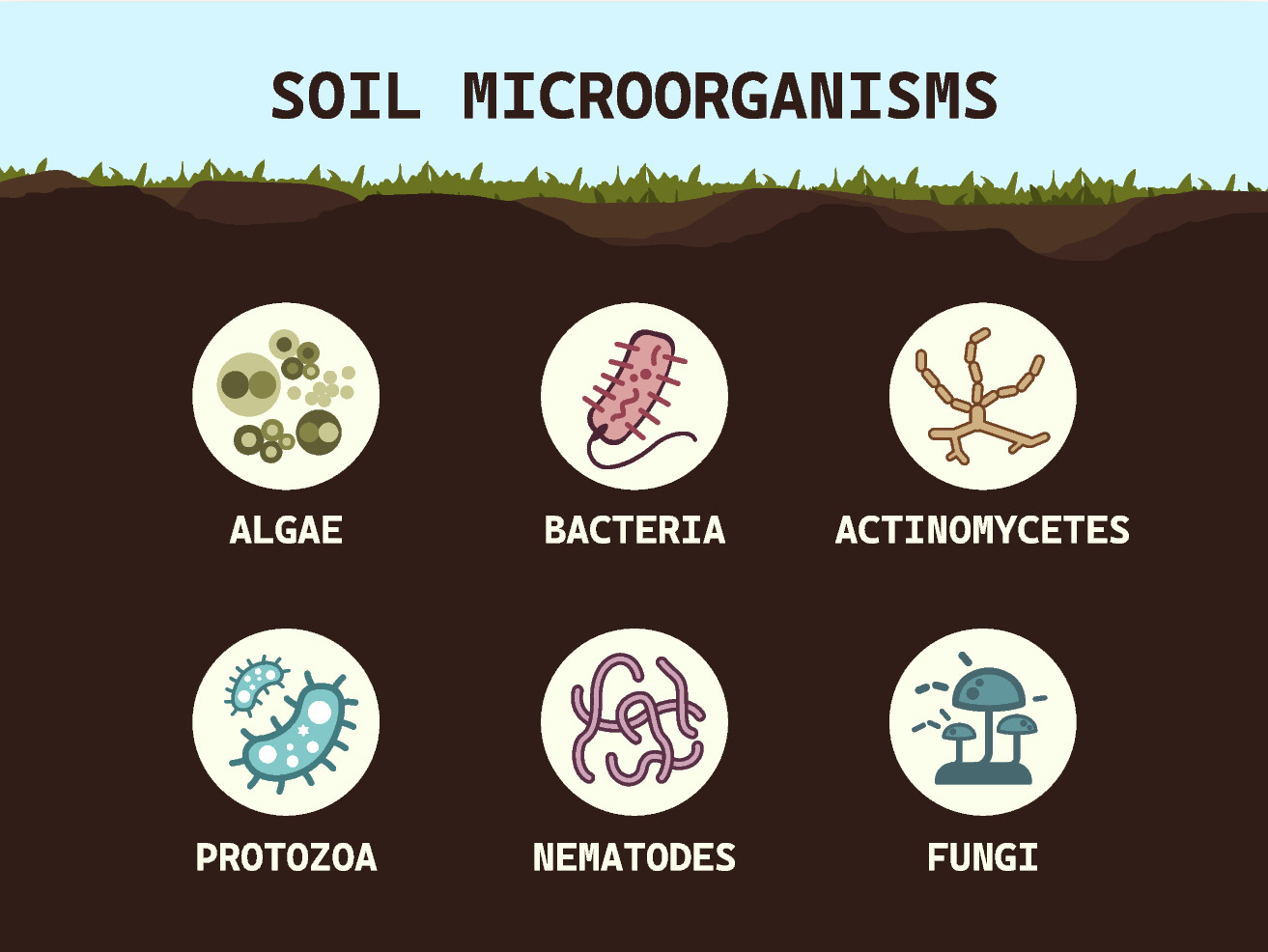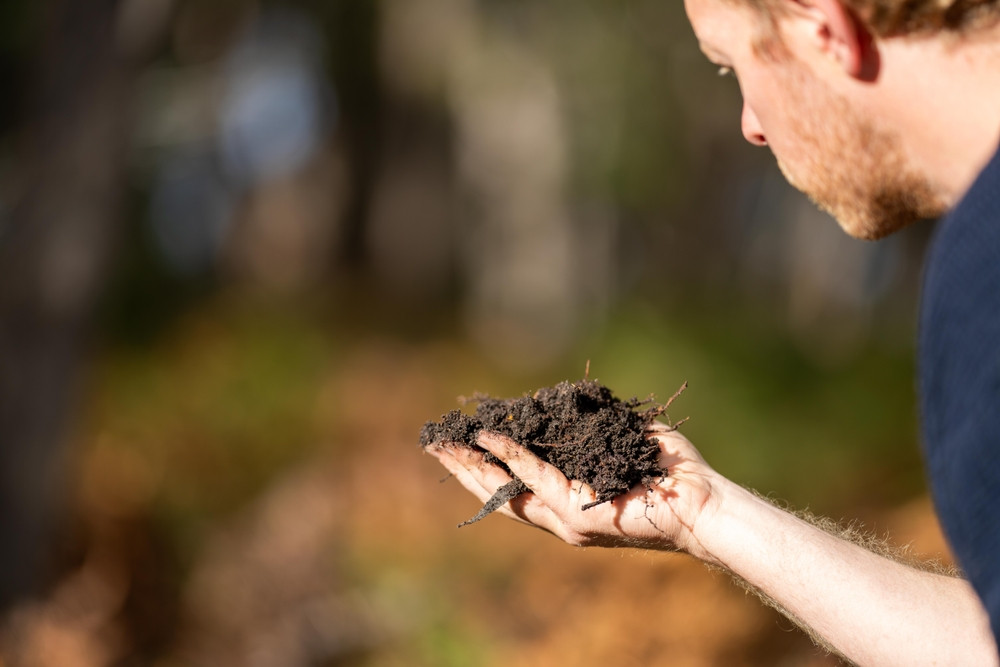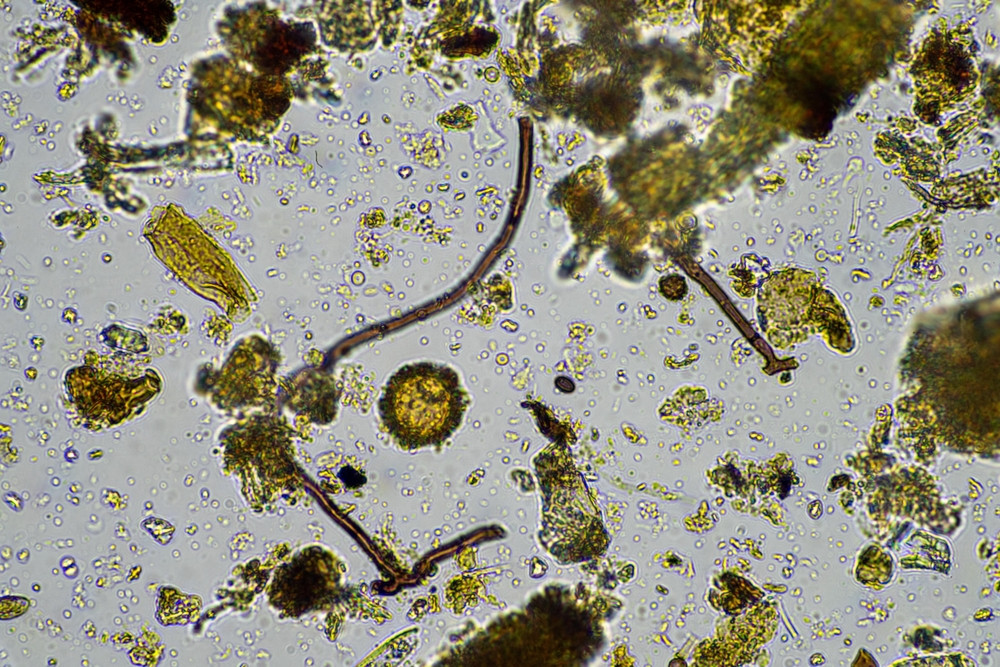Nematodes: What's The Story?

Nematodes: A Natural Solution for a Thriving Vegetable Garden
When it comes to maintaining a healthy and productive vegetable garden, pest control is a critical aspect. Almost every Garden Planner seeks eco-friendly and sustainable solutions to manage pest populations without resorting to harmful chemicals. One such effective and natural solution is the use of pest control nematodes. These microscopic organisms can play a pivotal role in keeping your garden free from harmful pests. In this blog, we will delve into what pest control nematodes are, how to use them effectively, and the benefits and challenges they bring to your vegetable garden.
What Are Pest Control Nematodes?
Pest control nematodes, also known as beneficial nematodes, are microscopic roundworms that naturally occur in soil. Unlike their harmful counterparts that damage plant roots, beneficial nematodes target and kill soil-dwelling insect pests. They belong to the families Steinernematidae and Heterorhabditidae and are used in biological pest control due to their ability to parasitize and kill a wide range of insect pests.

How Do Pest Control Nematodes Work?
Beneficial nematodes seek out their prey by detecting carbon dioxide and other chemicals released by the insects. Upon locating their target, they enter the insect’s body through natural openings such as the mouth, anus, or spiracles. Once inside, the nematodes release symbiotic bacteria from their gut, which rapidly multiply and kill the host insect within 24 to 48 hours. The nematodes then feed on the bacteria and decomposing insect tissues, reproduce, and the next generation of nematodes emerges to continue the cycle.
Using Pest Control Nematodes in Your Vegetable Garden
1. Identifying the Target Pests
Before applying nematodes, it is essential to identify the specific pests causing problems in your garden. Beneficial nematodes are effective against a variety of soil-dwelling pests, including:
- Grubs
- Cutworms
- Root weevils
- Fungus gnats
- Wireworms
- Slugs/snails
2. Selecting the Right Nematode Species
Different nematode species target different pests. The most commonly used species for pest control in gardens include:
- Steinernema carpocapsae: Effective against surface-dwelling pests like cutworms and armyworms.
- Heterorhabditis bacteriophora: Targets root-dwelling pests such as grubs and root weevils.
- Steinernema feltiae: Used for controlling fungus gnats, thrips, and other soil-dwelling pests.
- Phasmarhabditis hermaphrodita: Targets slugs by entering their bodies through natural openings.
3. Application of Nematodes
Applying nematodes is straightforward and can be done using a watering can, sprayer, or hose-end sprayer. Follow these steps for effective application:
- Timing: Apply nematodes during the early morning or late afternoon to avoid direct sunlight, which can harm them. Overcast days or evenings are ideal.
- Soil Preparation: Ensure the soil is moist before application. Water the garden thoroughly before applying nematodes.
- Mixing: Follow the instructions on the nematode package to mix them with water. Continuous agitation may be necessary to keep the nematodes evenly distributed in the solution.
- Application: Apply the nematode solution evenly over the target area. After application, water the soil lightly to help the nematodes penetrate the soil.

Benefits of Using Pest Control Nematodes
1. Eco-Friendly Pest Management
Nematodes provide a natural and environmentally friendly alternative to chemical pesticides. They specifically target harmful pests without affecting beneficial insects, plants, or animals.
2. Reduced Chemical Use
Using nematodes reduces the need for chemical pesticides, promoting a healthier garden ecosystem and minimizing potential risks to human health and the environment.
3. Effective and Sustainable
Nematodes are highly effective at controlling a wide range of soil-dwelling pests. They reproduce within the host insects, ensuring a sustainable and ongoing pest control solution.

Challenges and Considerations
1. Environmental Sensitivity
Nematodes are sensitive to environmental conditions. They require moist soil and are vulnerable to UV light and high temperatures. Proper application timing and soil preparation are crucial for their success.
2. Storage and Handling
Nematodes are living organisms and require proper storage and handling. They should be stored in a refrigerator and used within a specific timeframe to ensure viability.
3. Specificity
Different nematode species target specific pests. Identifying the correct nematode species for the pests in your garden is essential for effective control.
Conclusion: A Valuable Tool for Garden Planners
Pest control nematodes offer a powerful, natural solution for managing soil-dwelling pests in your vegetable garden. Their ability to target and eliminate harmful insects without damaging beneficial organisms makes them an invaluable tool for eco-conscious gardeners. While there are challenges to their use, such as environmental sensitivity and the need for proper handling, the benefits they provide in terms of pest control, reduced chemical use, and sustainability are significant.
In conclusion, pest control nematodes are a good thing for your vegetable garden . By integrating them into your pest management strategy, any garden planner can maintain a healthy, productive garden while supporting environmental sustainability.






